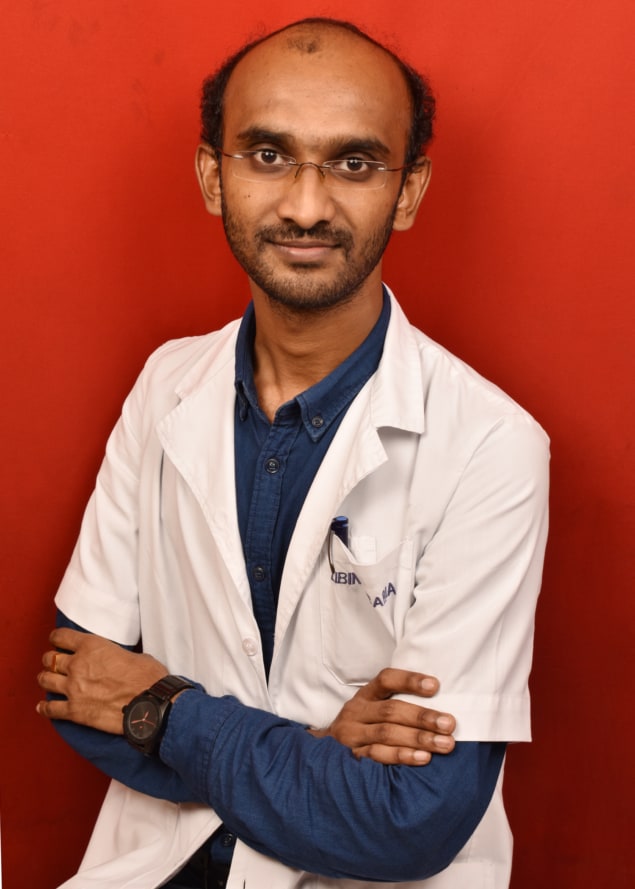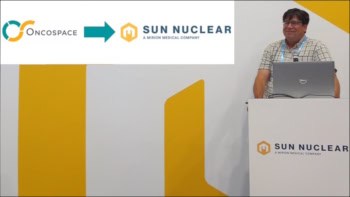Jude Dineley interviews Libin Scaria, medical physicist at Tata Memorial Hospital in Mumbai, India. Scaria is one of eight physicists profiled as part of a specially commissioned article on forging a career in medical physics.

“The personal satisfaction you get by doing something with a direct social benefit is very high,” says Libin Scaria, who works as a clinical radiotherapy physicist at the Tata Memorial Centre in Mumbai, India. His bustling workplace is a national centre for cancer treatment, research and prevention, funded by the Department of Atomic Energy.
Scaria helps cancer patients directly in his work. Every morning he tests the linacs used to treat patients, making sure they deliver high-energy X-rays safely and accurately. Specializing in breast cancer and brain and spinal cord tumours, he also designs treatment plans – a key responsibility of physicists in India.
He is never bored. “That’s the thing that I like, because every patient is a different challenge.” The rest of Scaria’s time is divided between teaching radiation therapists and medics, and carrying out project work, such as the introduction of new treatments. He enjoys the resulting variety in his day. “Its a wide area. There is so much to do.”
Following one of two possible paths in India, Scaria began his job after a one-year internship at the Indo American Cancer Centre in Hyderabad. As many physicists work in remote areas with a shortage of experienced colleagues, the experience is essential, says Scaria. “It enables junior physicists to practise independently from the beginning of their career.”
As part of his training, Scaria also completed a one-year diploma in Radiological Physics at the Homi Bhabha National Institute, also in Mumbai, following a bachelors and masters in straight physics. The government-run diploma is highly regarded. Though competition for places is fierce, Scaria recommends it over the alternative, a medical physics masters, where the quality of training is variable.



